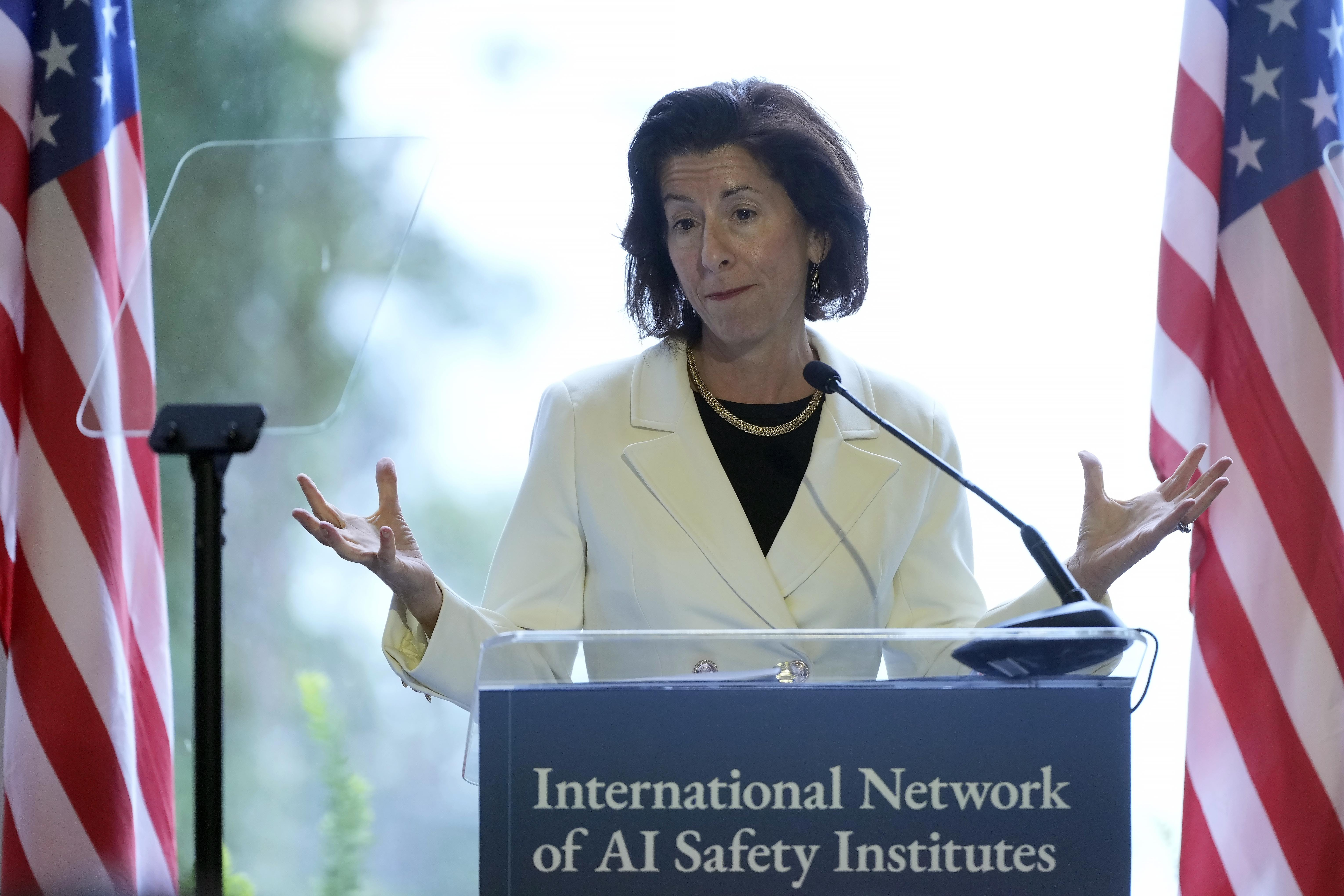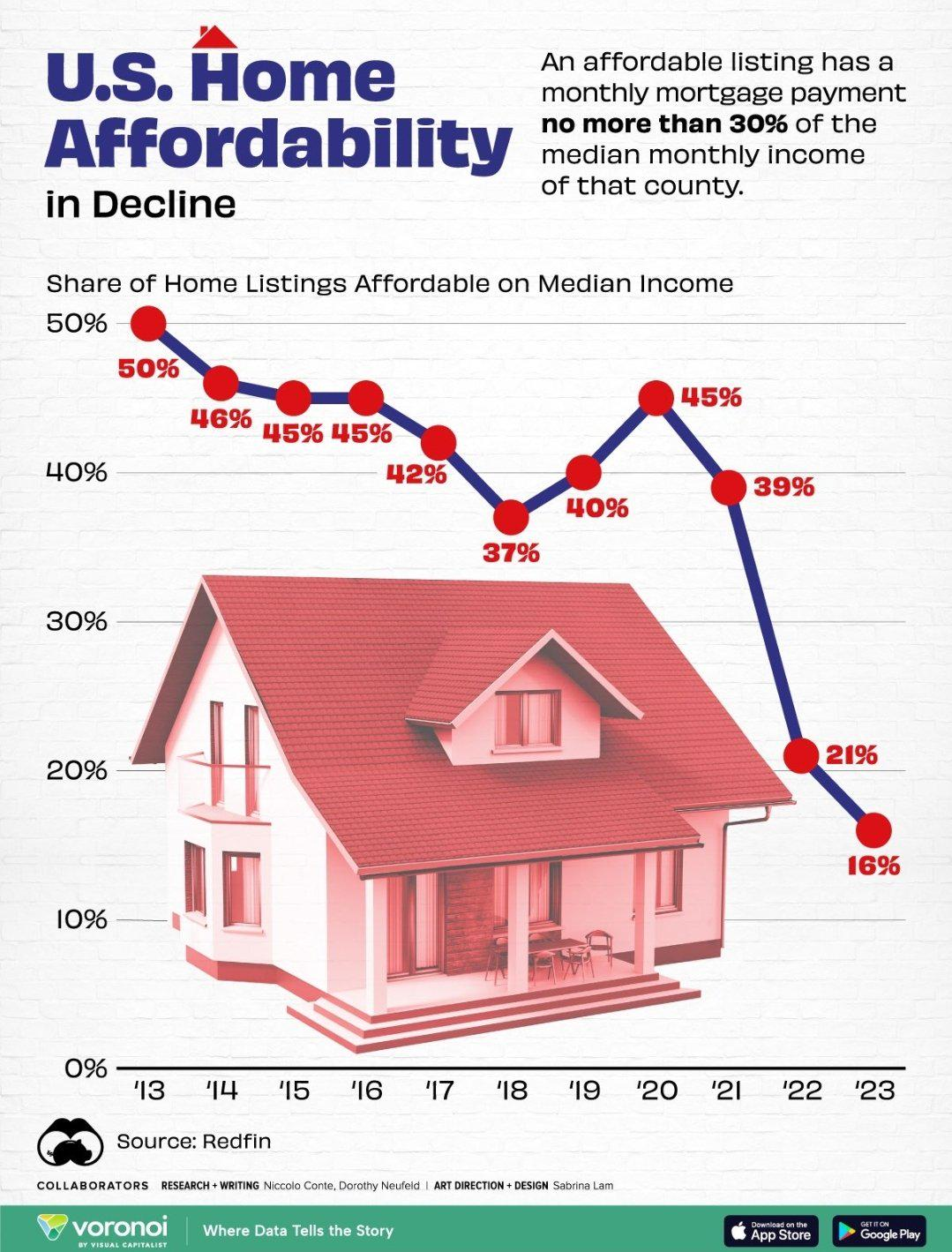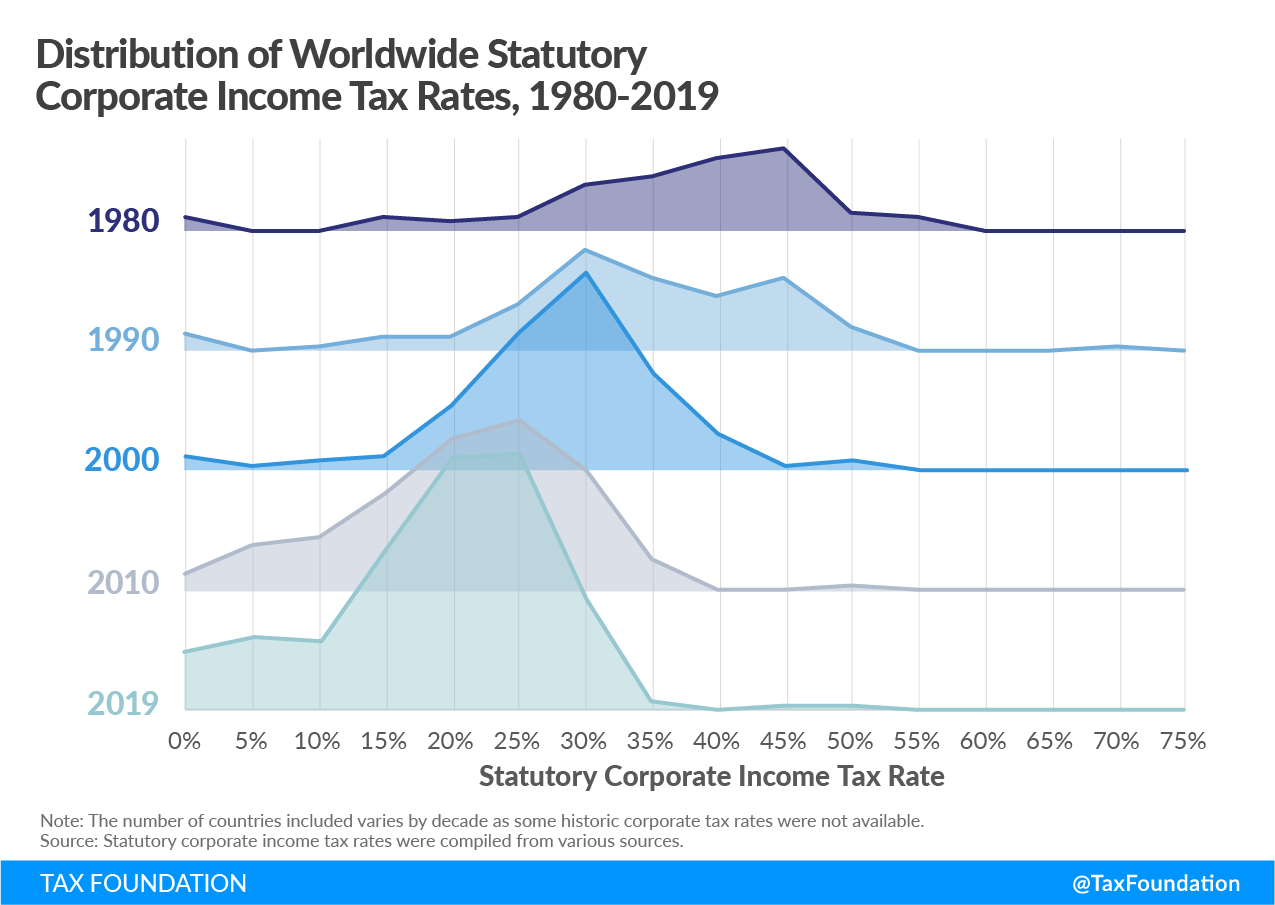Gina Raimondo, the former US Commerce Secretary and Rhode Island governor, has made significant contributions to national economic policies during her tenure in the Biden administration. Known for her innovative approach to supply chain management and infrastructure, she has championed crucial policies, including the Infrastructure Investment and Jobs Act. Raimondo’s firm stance on increasing the minimum wage underscores her commitment to fostering economic equity among American workers. Her strategies aim to create a more resilient economic framework, especially in the face of challenges posed by global supply chains. As she continues to navigate the complexities of U.S. commerce, her policies are pivotal in shaping the future of America’s workforce.
Within the realm of U.S. economic strategy, Gina Raimondo stands out as a pivotal figure whose influence extends deep into issues like job creation and infrastructure development. As the renowned US Commerce Secretary, her efforts to reform existing policies reflect a transformative vision for the nation’s economic landscape. The initiatives launched under the Biden administration underscore her expertise in addressing modern challenges such as supply chain disruptions and equitable workforce solutions. By advocating for higher wages and strategic investments, Raimondo emphasizes the importance of creating a sustainable economy that serves all Americans. Her tenure thus represents a critical intersection of policy innovation and socio-economic responsibility.
The Importance of Infrastructure in Gail Raimondo’s Policies
Gina Raimondo has been a driving force behind the enhancement of U.S. infrastructure as part of her tenure in the Biden administration. The Infrastructure Investment and Jobs Act is a testament to her visionary approach, creating significant opportunities for economic growth. By investing in roads, bridges, and broadband access, these initiatives not only improve physical infrastructure but also support job creation, thus bolstering the economy. The emphasis on building resilient infrastructure aligns seamlessly with her larger goal of ensuring long-term economic stability and growth for all citizens.
Moreover, Raimondo’s policies reflect a deep understanding of the interconnectedness of infrastructure and supply chain management. By reinforcing the nation’s infrastructure, the Biden administration aims to streamline supply chains that have faced immense disruption during events like the COVID pandemic. Healthy infrastructure supports efficient transportation and logistics, ultimately enabling businesses to thrive and cater to consumers’ needs effectively. This focus on infrastructure is vital for maintaining competitiveness on the global stage.
Gina Raimondo’s Impact on Supply Chain Management
As the U.S. Commerce Secretary, Gina Raimondo recognized the critical role of effective supply chain management in maintaining economic stability. During the challenges posed by the COVID-19 pandemic, her team took proactive steps to understand the complexities of supply chains. By developing analytical tools such as spreadsheets to track essential goods, they facilitated a more organized response to supply shortages. This hands-on approach not only mitigated immediate impacts on the economy but also set a foundation for long-term resilience in supply chain operations.
Raimondo’s strategies included fostering international relationships to address supply chain vulnerabilities. Under her guidance, the Biden administration advocated for collaboration with countries in Southeast Asia to strengthen supply chains. This initiative helps reduce reliance on single countries, particularly in critical sectors like technology and pharmaceutical manufacturing. By diversifying supply chain partners and sources, Gina Raimondo has showcased her commitment to creating a robust economic infrastructure that could withstand future disruptions.
Advocating for Minimum Wage Increases
Gina Raimondo’s tenure is marked by her advocacy for increasing the minimum wage, a pivotal aspect of her economic policies while governing Rhode Island. By raising the state minimum wage during her leadership, she aimed to lift families out of poverty and enhance their quality of life. Such measures are essential in ensuring that work pays enough to meet rising living costs, ultimately fostering a more equitable society. Raimondo believes, as she articulates, that improving the livelihood of regular citizens is fundamental to the overall strength of the economy.
In the context of a growing economy, the discourse around minimum wage also intersects with broader issues such as labor market dynamics and employee retention. By increasing the minimum wage, businesses are more likely to attract and retain skilled workers, which can reduce turnover costs and promote a more stable workforce. Gina Raimondo’s commitment to advocating for these policies illustrates her understanding of labor economics and her dedication to creating opportunities for the American workforce.
Gina Raimondo and Fairness in Economic Policy
Throughout her political career, Gina Raimondo has emphasized the importance of fairness in economic policies. She has argued that economic growth should not come at the expense of the most vulnerable populations. Her approach seeks to challenge the status quo by advocating for policies that prioritize opportunities for everyone, particularly for those ‘little guys’ who work hard but struggle to get ahead. This lens is critical in shaping an inclusive economy where all citizens have the chance to prosper.
Raimondo’s commitment to fairness is exemplified in her support for social programs that intertwine with economic initiatives. In her view, successful economic policies must consider the challenges faced by working families. Programs designed to support childcare and workforce participation are not mere social initiatives; they are vital components of a thriving labor market. By pushing for fairness in policymaking, Gina Raimondo provides a framework that ensures that economic growth is shared and benefits all Americans.
The Role of Policy Innovation in Economic Development
Gina Raimondo’s tenure as U.S. Commerce Secretary was underscored by her commitment to policy innovation to spur economic development. Understanding that traditional methods often need an overhaul, she advocated for modernizing outdated regulations and cutting red tape to foster a more business-friendly environment. By creating a landscape conducive to innovation, businesses are empowered to develop new solutions, drive technological advancements, and ultimately contribute to economic growth.
This focus on policy innovation is particularly relevant in sectors critically impacted by the pandemic, like technology and manufacturing. Raimondo’s efforts have pointed toward a future where the U.S. can regain its competitive edge through strategic investments in science and technology. The successful implementation of initiatives like the CHIPs and Science Act has showcased how policy adjustment can harness private sector capabilities, leading to efficient production of goods vital for national security and technological leadership.
Navigating Economic Challenges During COVID-19
During her time as Commerce Secretary, Gina Raimondo adeptly navigated numerous economic challenges caused by the COVID-19 pandemic. One of her key focusing points was addressing the skyrocketing unemployment rates that resulted from the crisis. She responded to the pressing need for comprehensive economic relief by supporting initiatives that would facilitate recovery and provide assistance to families and businesses hit hard during those unprecedented times.
Moreover, Raimondo recognized that while the response to the pandemic must be swift and substantial, it was equally crucial to consider the longer-term implications of these measures. The stimulus act, although criticized by some for contributing to inflationary pressures, played a pivotal role in preventing further economic downturns. Her approach highlights the necessity of balancing immediate relief with sustainable economic strategies to foster recovery truly.
Building a Sustainable Economy for Future Generations
Gina Raimondo’s vision extends beyond immediate economic challenges; she is firmly committed to building a sustainable economy for future generations. Her advocacy for clean energy investments and the modernization of industry practices reflects a forward-thinking approach embedded in her policies. By prioritizing sustainable practices, she aligns economic growth with environmental stewardship, ensuring that economic development does not come at the cost of the planet.
This sustainable approach is evident in initiatives aimed at reducing carbon footprints across various sectors and empowering green technologies. Raimondo’s policies not only seek to create immediate economic opportunities but also to pave the way for a resilient economy that future generations can depend on. This holistic view of economic policy underscores the importance of integrating sustainability into the fabric of economic development.
Enhancing U.S. Competitiveness on the Global Stage
Gina Raimondo has been instrumental in shaping policies that enhance the U.S. competitiveness in the global market. Through her commitment to innovation, investment in key sectors, and strategic partnerships, she aims to position the United States as a leader in the global economy. Her efforts in fostering relationships with other countries—especially in technology and manufacturing—are crucial for navigating the complexities of international trade and competition.
Her initiatives not only focus on immediate economic outcomes but are also designed to create a framework for sustained growth and leadership in critical global sectors. By committing to long-term strategic planning and collaborating with international partners, Raimondo’s approach ensures that America remains relevant and competitive in a rapidly changing global landscape.
Reflections on Lessons Learned in Political Leadership
Reflecting on her journey, Gina Raimondo acknowledges the importance of adaptability in political leadership. While her administration achieved significant milestones, she also recognizes the necessity of learning from mistakes and challenges encountered along the way. Navigating a divided Senate and intricate House dynamics necessitates a shrewd understanding of bipartisan collaboration and compromise in policymaking.
Raimondo’s willingness to critically evaluate her approach underscores the realities of political life. By learning from the past and leveraging those lessons for future endeavors, she embodies the resilience and determination needed to advance robust, effective policies that resonate with the needs of the American people. Her story is one of continual evolution, where success must be measured not just by outcomes, but by the integrity and commitment to improving the lives of constituents.
Frequently Asked Questions
What policies did Gina Raimondo implement to support workers during her tenure as Rhode Island governor?
During her tenure as governor of Rhode Island, Gina Raimondo implemented several policies aimed at supporting workers, including raising the state minimum wage, cutting taxes annually, and making community college tuition free. These initiatives were designed to enhance economic opportunities for all Rhode Islanders.
How did Gina Raimondo contribute to the Biden administration’s infrastructure plans?
Gina Raimondo played a crucial role in shaping the Biden administration’s Infrastructure Investment and Jobs Act. Her work focused on creating a framework for substantial investments in infrastructure, which emphasizes job creation and economic recovery, particularly post-COVID.
What strategies did Gina Raimondo utilize in supply chain management during her time as US Commerce Secretary?
As US Commerce Secretary, Gina Raimondo emphasized understanding the complexities of supply chains, especially during COVID-19. She developed strategies such as building detailed spreadsheets for critical supply chains and fostering international relationships, especially in Southeast Asia, to enhance supply chain resilience.
Can you explain Gina Raimondo’s stance on minimum wage increase and its importance?
Gina Raimondo has been a proponent of raising the minimum wage, believing that it is essential for ensuring economic fairness and opportunity for workers. She views a higher minimum wage as a vital tool for helping everyday Americans achieve financial stability.
What challenges did Gina Raimondo face in her role as US Commerce Secretary?
Gina Raimondo faced significant challenges during her tenure, including navigating supply chain disruptions caused by the pandemic and managing the complexities of international trade relationships. Despite these hurdles, she focused on strategic collaborations and legislative measures to fortify America’s supply chains.
| Key Point | Details |
|---|---|
| Breaking Things for Positive Change | Gina Raimondo emphasizes that to implement positive changes, some existing structures may need to be disrupted. |
| Economic Reforms in Rhode Island | As governor, Raimondo cut taxes, increased the minimum wage, and made community college tuition-free. |
| Focus on Fairness and Opportunity | Her approach is grounded in ensuring fairness and opportunities for everyday Americans, influenced by her immigrant background. |
| Supply Chain Management during COVID-19 | Raimondo’s strategy included building spreadsheets for critical supply chains and fostering international relationships to improve supply chain resilience. |
| CHIPs and Science Act | The act aims to increase domestic semiconductor production to enhance national security, with a target of 25% production by 2030. |
| Fiscal Responsibility | Emphasized leveraging $10 of private sector money for every public dollar spent. |
| Challenges and Critiques | Acknowledge mistakes in compromises made while highlighting the difficulties of governance in a closely divided Congress. |
| Defense of Biden’s Stimulus Act | Raimondo supports the stimulus as necessary during economic crises, despite links to inflation. |
Summary
Gina Raimondo’s leadership style exemplifies the need for disruption in order to achieve positive policy reform. As illustrated by her various initiatives in Rhode Island and the Biden administration, she believes that meaningful progress often requires overcoming the status quo, while ensuring that those changes benefit the everyday American. Her focus on balance—between economic growth and social stability—positions her as a pivotal figure in U.S. governance.



